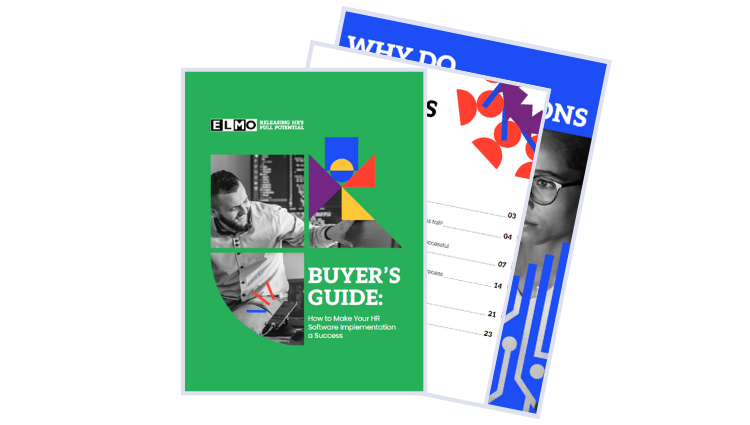Employee Referral Program: A Simple Checklist for HR
What is an Employee Referral Program (ERP)? In a talent-tight market, organisations are having to be more creative than ever in their bid to recruit new staff. An employee referral ...

What is an Employee Referral Program (ERP)?
In a talent-tight market, organisations are having to be more creative than ever in their bid to recruit new staff. An employee referral program (ERP) encourages an organisation’s own employees to refer qualified new talent from their personal networks and act as valuable brand ambassadors.
ERP Checklist
Creating a successful ERP and incorporating it into your recruitment strategy should help to reduce hiring costs and increase your chance of finding the best talent for your organisation.
To help, we’ve put together this checklist packed with helpful steps and tips to consider, including:
- Identifying goals and outcomes of an ERP
- How to get C-suite buy-in
- What incentives you should set for ERP
- How to turn your employees into brand ambassadors
ERP Benefits:
- High-quality candidates: Employees recommend trusted candidates with the right skills and cultural fit.
- Reduced costs: ERPs can significantly reduce hiring costs compared to traditional recruiting methods.
- Faster hiring process: Referred candidates often move through the hiring process more quickly, as they are already familiar with the company and have a built-in advocate.
- Increased employee engagement: When employees are involved in the recruiting process, they feel more invested in the company and its success.
- Improved diversity and cultural fit: ERPs can help companies attract candidates from diverse backgrounds who are more likely to fit well with the existing team.
Key components of a successful ERP:
- Clear communication: The program’s rules, rewards, and eligibility criteria should be clearly communicated to all employees.
- Easy referral process: The referral process should be easy and user-friendly for employees to submit referrals.
- Timely feedback: Employees should receive feedback on the status of their referrals in a timely manner.
- Attractive rewards: The rewards offered for successful referrals should be attractive enough to incentivize employees to participate.
- Ongoing promotion: Trusted referrals boost cultural fit and skill matches.
 HR Core
HR Core 









